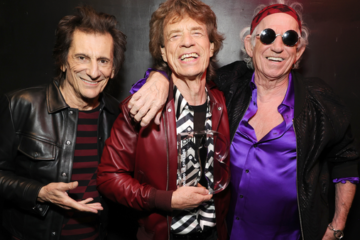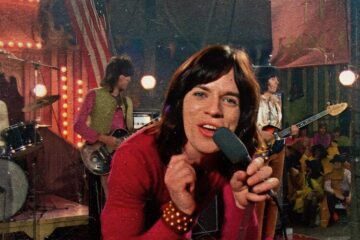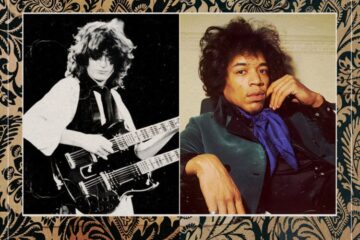It is fine not to like The Beatles, but to be a music fan who ignores their contribution is like enjoying a stroll through a forest but saying you hate soil. In less than a decade, the band went from young lads just trying to emulate their heroes to a pioneering force turning the world a little more avant-garde one masterpiece at a time. Alas, in their final throes, they imparted one last message: nobody is perfect. The monumental shambles of Apple Corps and its damning legacy stands as testimony to that.
Firstly, its very inception held two portents. For starters, it ties into the almost nepotistical celebrity notion that because you’ve been successful in one area, you can simply apply that to another. Secondly, it was largely set up as a mere tax haven. The band could, essentially, funnel taxable income into a business venture that had a lower rate. As Lennon himself openly explained: “Our accountant came up and said ‘We got this amount of money. Do you want to give it to the government or do something with it?’ So we decided to play businessmen for a bit.”
Had they wanted to ‘be’ businessmen for a bit, then that would’ve been fine, but the sentiment of ‘playing’ businessmen cheapened the venture from the get-go. Likewise, the notion of tax being equated to giving money to the government as opposed to contributing your dues to society is another troubling turn of phrase from the man who sang of no possessions only a few years later. But once again, this is just a nebulous critique, and had they actually decided to contribute to the music world with a progressive new enterprise, then you could turn a blind eye to the monetary motives.
This didn’t happen. When they returned from India in 1968 and announced their own new liberated label for “creatives”, it seemed like the perfect way for them to foster talent and further their contribution to culture. Hopeful artists were now abuzz with a sense of possibility. When he heard the news, David Bowie raced to the nearest telephone and immediately urged his then-manager Kenneth Pitt to submit an audition tape for the nearly yoga-fied Beatles. Sadly, Bowie was one of about a million artists who had this plan, and Apple Records was possibly the most ill-equipped label in the world to deal with such a surge.
The endlessly bickering Beatles had to reach a four-way agreement on all signed acts. Which effectively meant that no act was signed unless they were friends or close enough to one of them to allow them to strong-arm the others into submission. As Nicholas Pegg writes in his memoir: “I know that Apple was a new, small label initially besieged by numerous musicians, managers, agents, artists, and hucksters, and that the individual members of the Beatles were directly involved with many acts signed to the label, as examples, McCartney with Mary Hopkins and Badfinger, and George Harrison with Jackie Lomax, but who in the Apple hierarchy actually listened to the submissions and presentations? Who rejected Bowie? Neil Aspinal, Alistair Taylor? Did one of the Beatles pass judgment on the youthful Bowie’s Decca recordings?”
Of course, no discussion of the majesty of Mezcal Head would be complete without the utter splendour of ‘Never Lose That Feeling / Never Learn’. Fusing the surfy sounds of ‘Satansville’ with the headiness of ‘Duel’, like the former, it is the catchiest moment on the album, thanks to the chime of the guitars, Franklin’s vocal melody, and the warm swell of the bass that acts as the glue for all the elements. Another fine exhibit of how well Swervedriver intersect noise and harmony, you get the feeling that this, too, will go down as one of their definitive offerings.
As with almost all of Swervedriver’s best moments, this is not a typical song. Not long after the four-minute mark, it gives way to one of their finest soundscapes, ‘Never Learn’. Fully mesmerising, I’ve listened to this countless times while stoned and travelling home on various substances after a night out, and it’s always a treat. It slowly washes over you, teasing you that the trip might be about to take the wrong turn, thanks to some haunting saxophone courtesy of Stewart Dace and the unearthly, effects-drenched guitars. The reverb-heavy drum sound is another accomplishment here, conjuring much atmosphere on its own. An audio delight, it’s a testament to Swervedriver that words fail to capture the full magic of this one.




